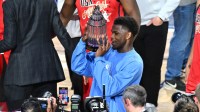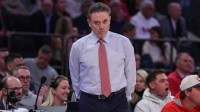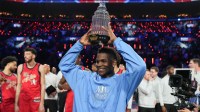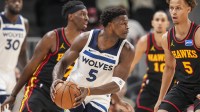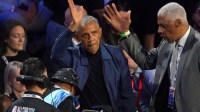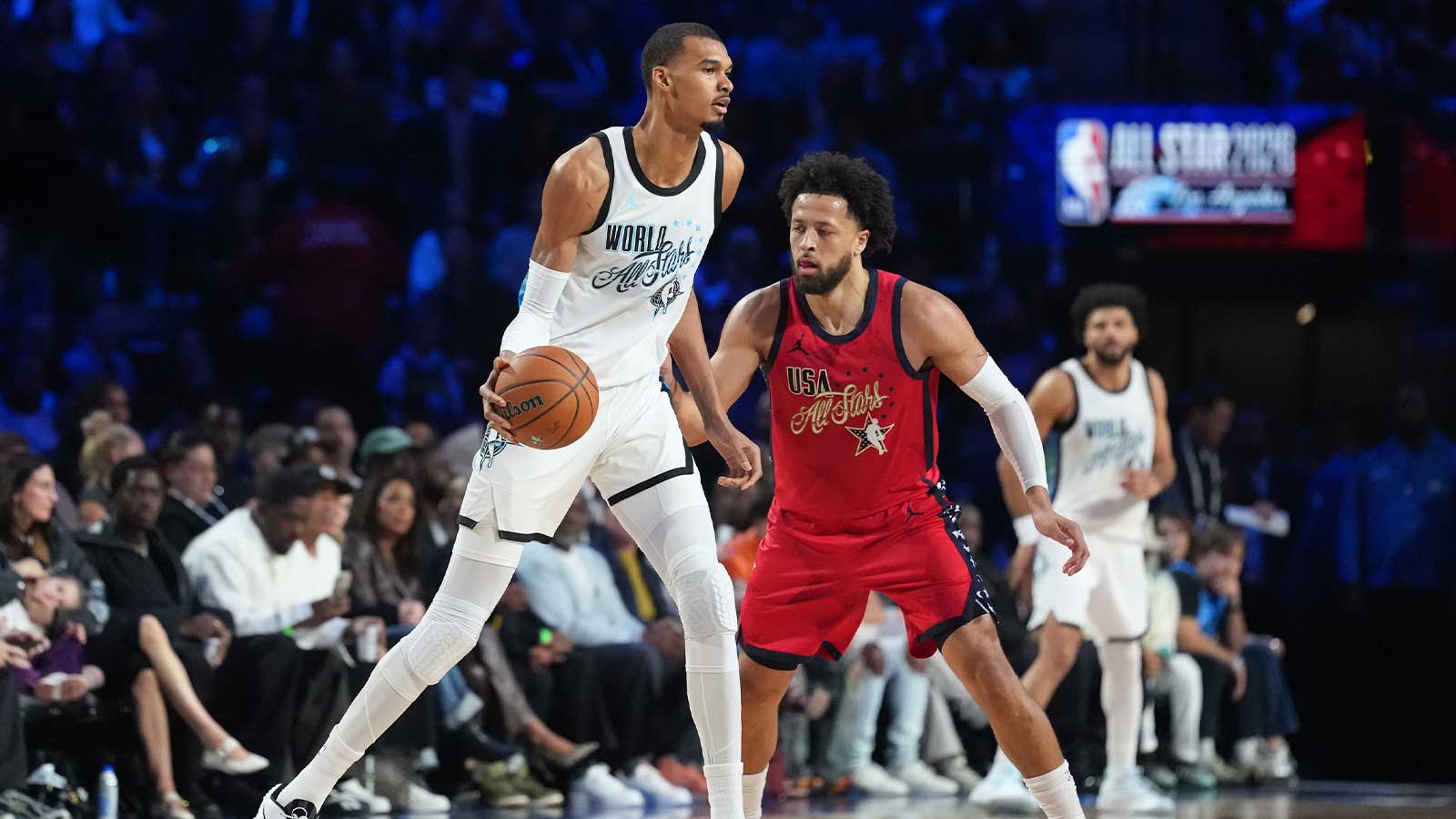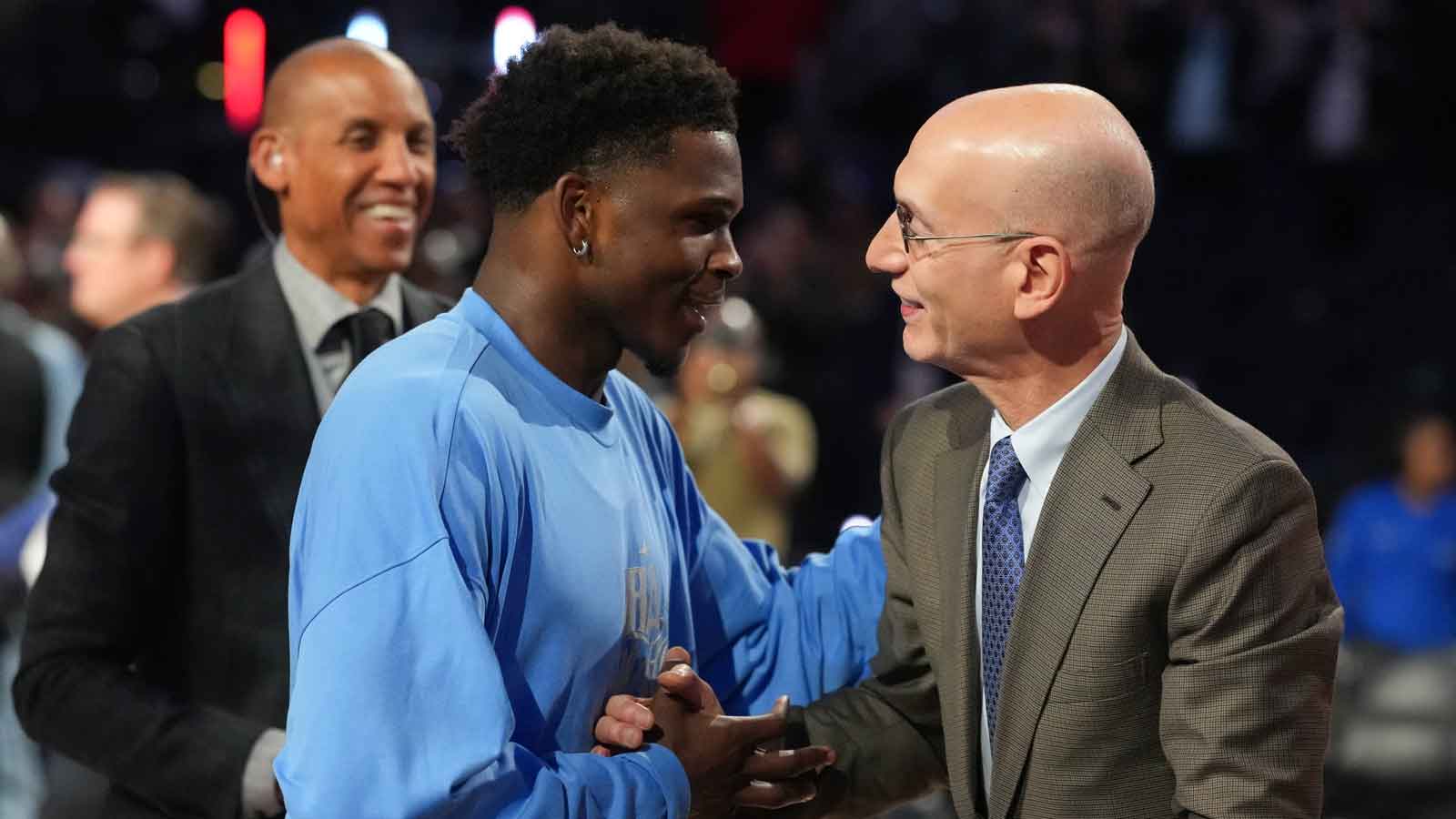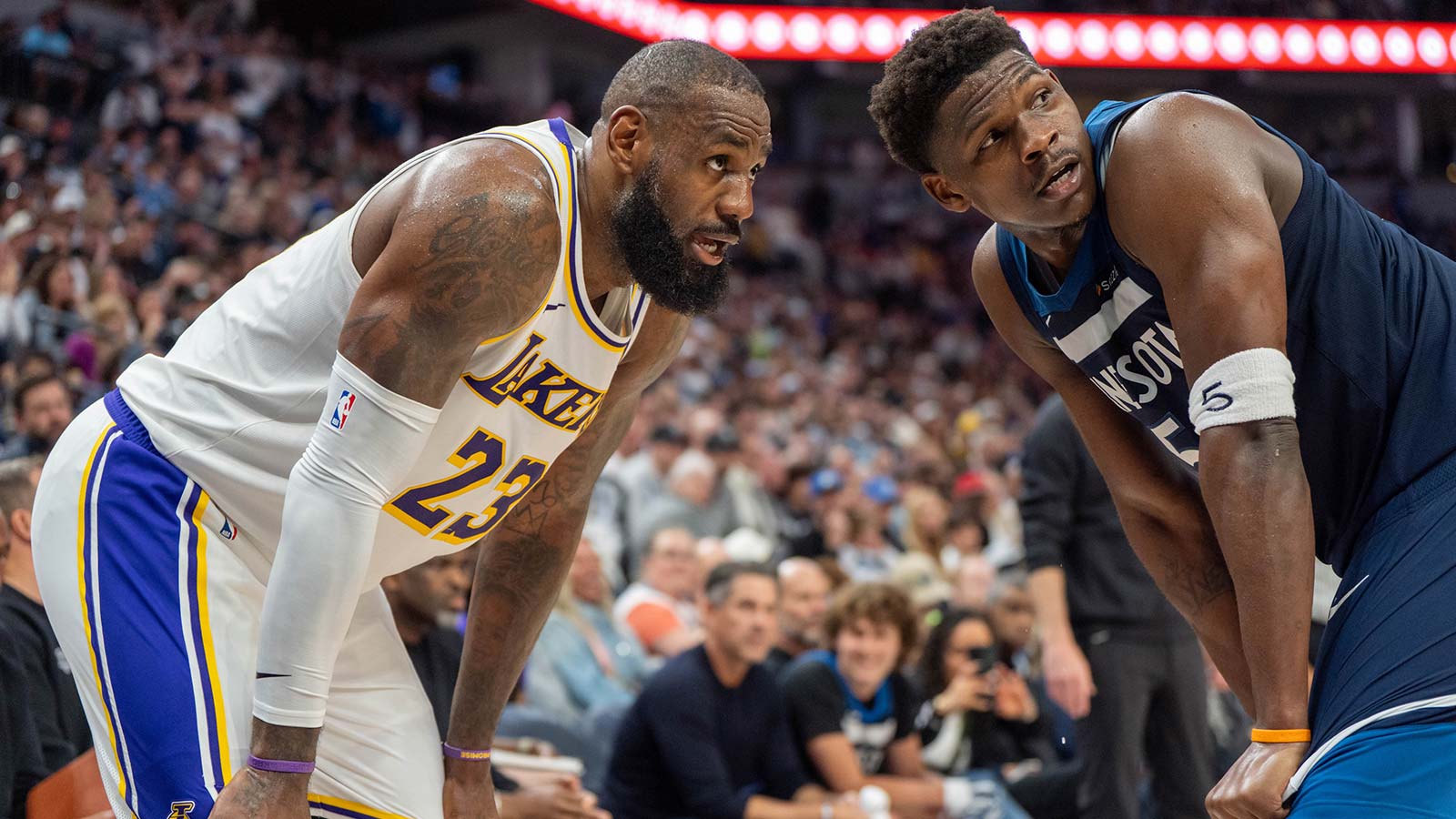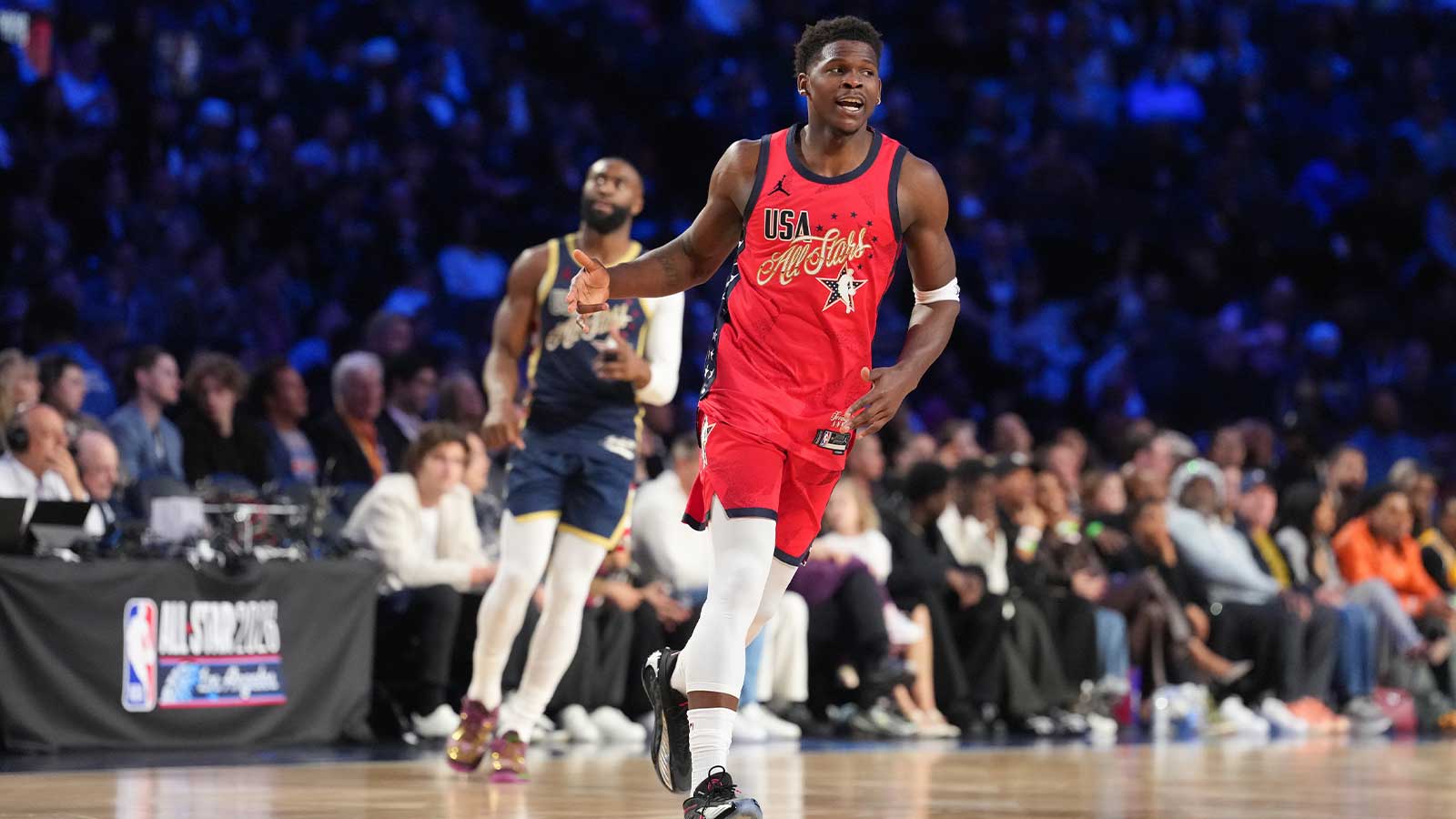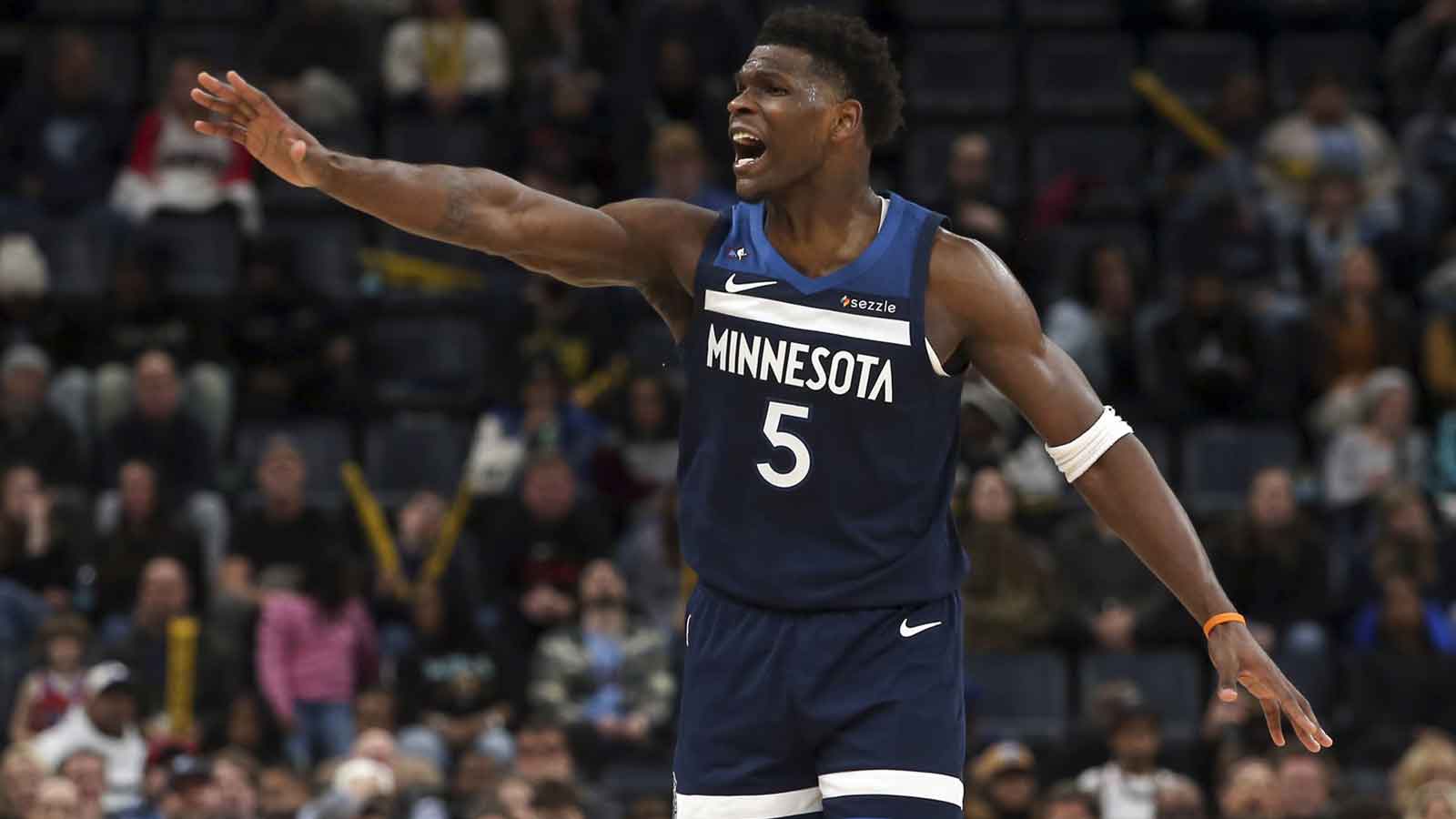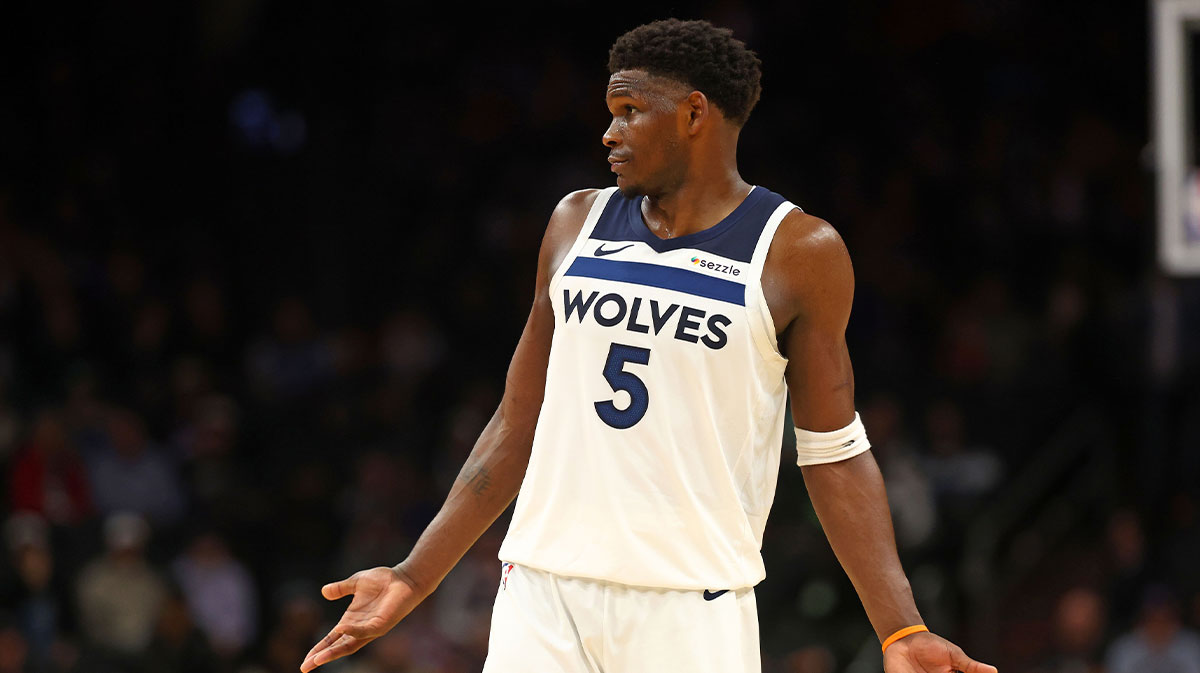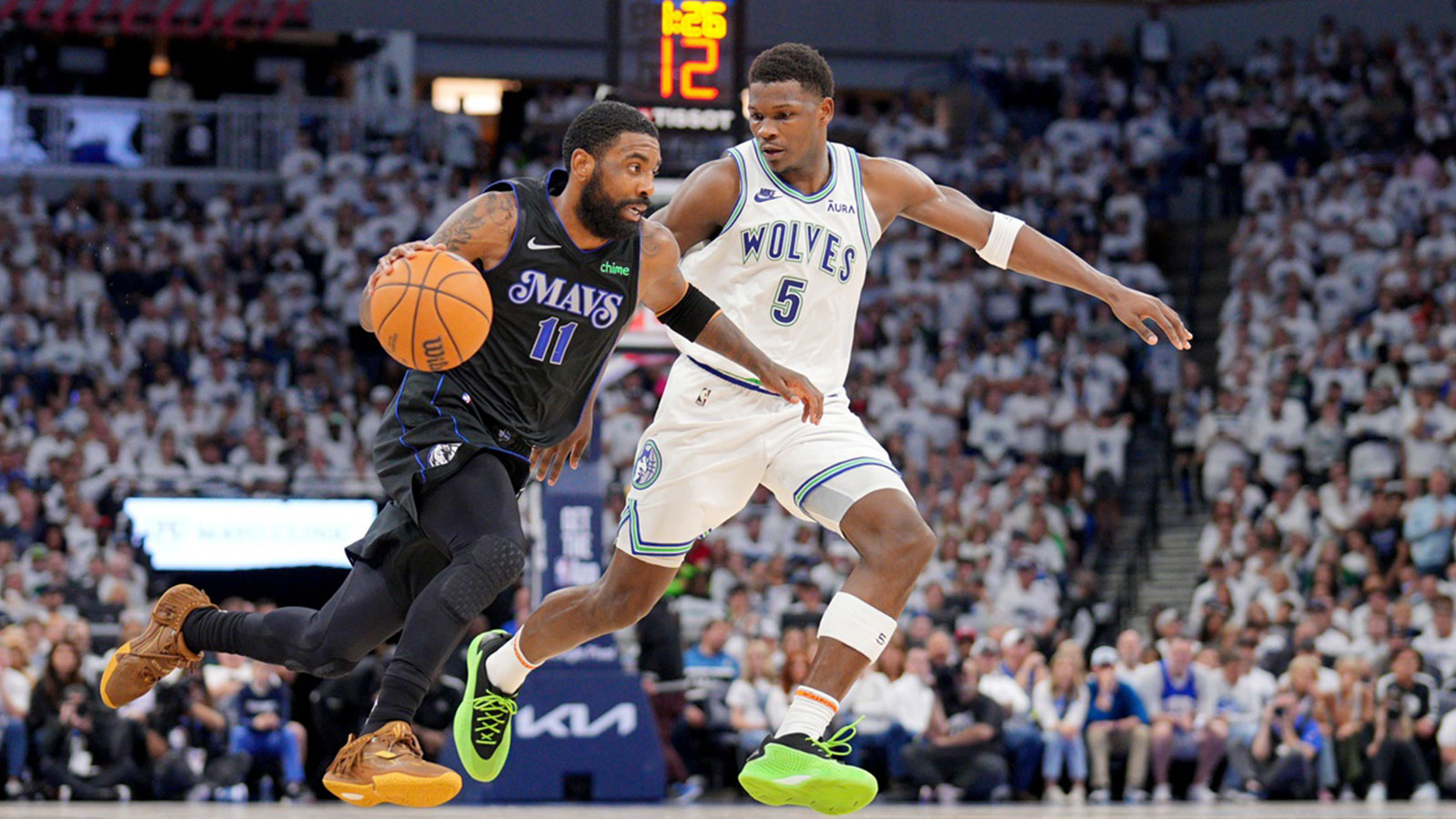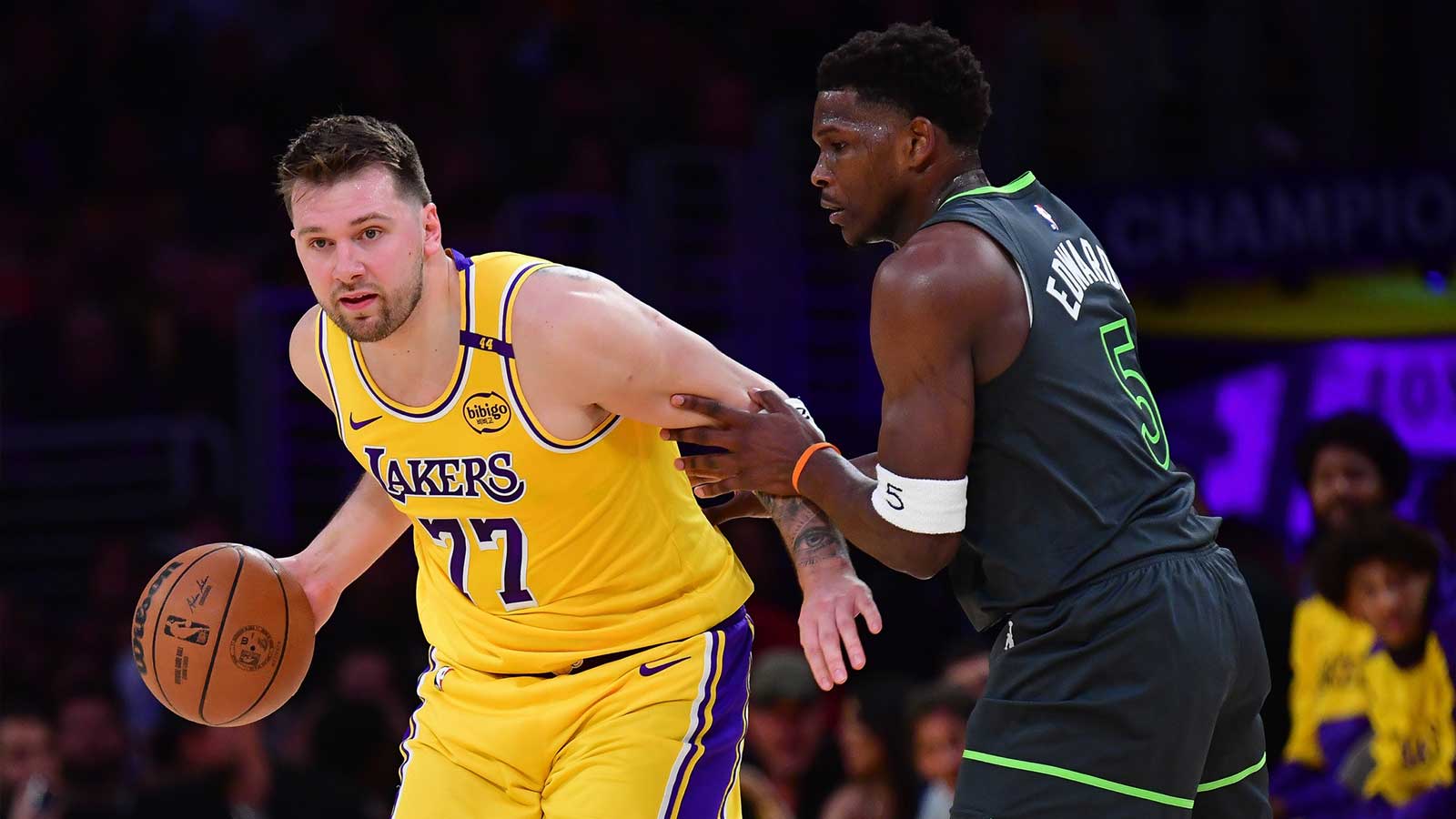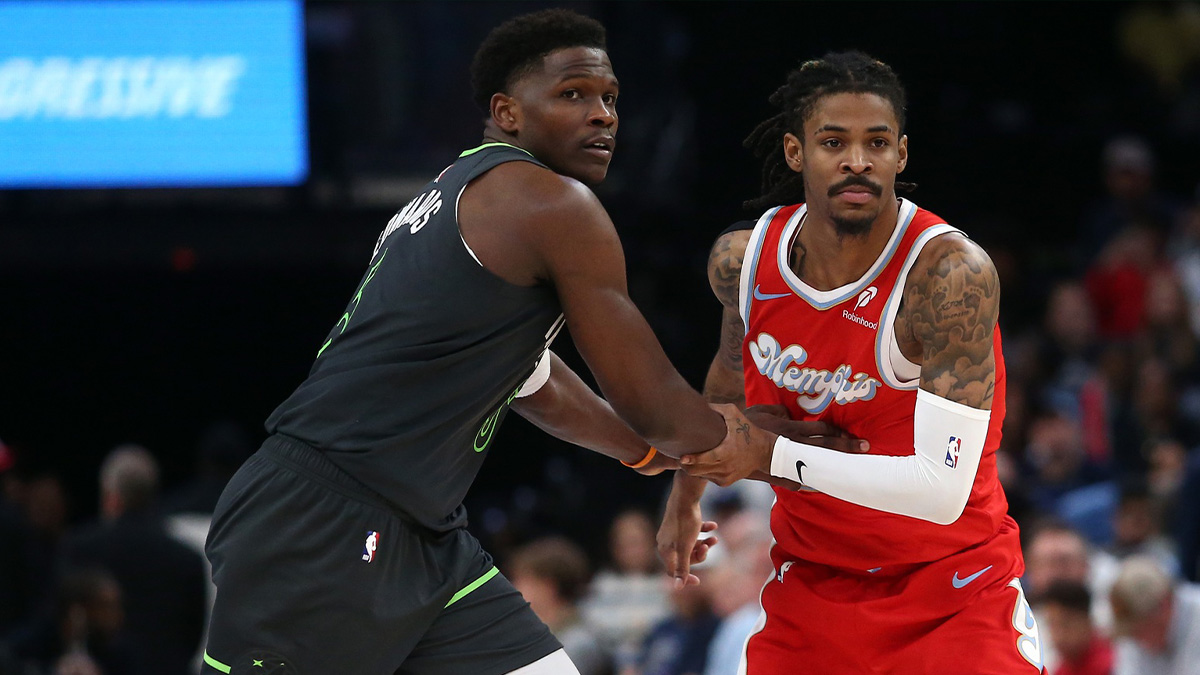The Minnesota Timberwolves are known for making bad decisions. Outside of drafting Kevin Garnett in 1995, you would be hard- pressed to name more than a couple of examples of the Timberwolves actually making good moves.
Yes, Minnesota also selected Karl-Anthony Towns with the No. 1 overall pick in 2015. But let's be real here: that was a no-brainer.
In Garnett's 12 seasons in Minneapolis in particular, the Timberwolves wasted a golden opportunity to win a championship with one of the NBA's best players,. Which is why they find themselves in the futile position they are in today.
Let's go over five of the Wolves' worst free-agent signings ever:
5. Rod Strickland
Back in the late '90s and early 2000s, the Timberwolves had a nasty habit of signing former stars who were clearly past their prime. Rod Strickland is one of those examples.
Minnesota signed the point guard to a one-year deal in 2002, hoping that he would help elevate a team led by Garnett and Wally Szczerbiak past the first round of the playoffs.
To be fair, it was a cheap deal, but that's just the thing: the Strickland signing epitomized everything that was wrong with Wolves management during KG's run in the Twin Cities. And that was failing to actually spend money to put proper talent around Garnett and instead skimping out with washed-up bench players.
Strickland played in just 47 games with the Timberwolves that ensuing season, averaging 6.8 points and 4.6 assists over 20.3 minutes per game. Oh, and Minnesota ended up losing to the Los Angeles Lakers in the first round.
4. J.J. Barea
Fresh off of helping lead the Dallas Mavericks to an NBA title in 2011, J.J. Barea looked like he could potentially score a nice deal on the free-agent market that offseason.
However, Barea was unable to find a deal he liked that summer, and he remained unsigned all the way through December before inking a four-year, $19 million contract with the Timberwolves. Let's also remember that the 2011-12 campaign was shortened by a lockout, so it's not like Barea was missing any action while sitting idle.
Barea was hampered by injuries in his first season with Minnesota, appearing in just 41 contests. The following year, he played in 74 games and averaged 11.3 points per game, but his efficiency suffered. He then participated in 79 games in his third season with the Wolves, but logged just 8.4 points a night while shooting a meager 38.7 percent from the floor and 31.6 percent from three-point range.
The Timberwolves proceeded to waive Barea in October 2014, ending a largely unsuccessful run in Minneapolis.
3. Jeff Teague
During the summer of 2017, Minnesota signed Jeff Teague to a three-year, $57 million deal. Even though Teague was coming off of a solid season with the Indiana Pacers, it was pretty obvious that the Wolves overpaid for Teague right from the get-go, and that was proven further when Teague got on the floor.
Teague's first year with the Timberwolves wasn't bad, as he registered 14.2 points and 7.0 per game, but it was clear that he was not as effective as he was with the Pacers and that he had lost a couple of steps from his glory days with the Atlanta Hawks.
The following season, injuries limited Teague to just 42 games as he labored with his shot, and midway through this year, the Timberwolves traded him back to where it all started with the Hawks.
While it's not fair to say that Teague was terrible in Minnesota, he was certainly not worth the $57 million deal the club handed him a few years back.
Teague turns 32 years old in a couple of weeks and is clearly long past his prime.
2. Michael Olowokandi
Oddly enough, the Michael Olowokandi signing happened during what was the best offseason in Timberwolves history in 2003. That summer, Minnesota swung trades for Sam Cassell and Latrell Sprewell and made shrewd free-agent additions such as Fred Hoiberg, Mark Madsen and Trenton Hassell to help propel the Wolves to a 58-win campaign and a Western Conference Finals appearance behind an MVP season from Garnett.
But that doesn't make the signing of Olowokandi any less brutal.
Following a 2002-03 campaign in which the Kandi Man averaged 12.3 points and 9.1 rebounds per game with the Los Angeles Clippers, the Timberwolves inked him to a three-year, $15 million pact.
You can imagine what happened next.
Olowokandi played in just 43 games during his debut season in Minnesota, recording 6.5 points, 5.7 rebounds and 1.6 blocks over 21.5 minutes per game while shooting 42.5 percent from the field. He wasn't any better the following year, posting 5.9 points and 5.2 boards a night in 62 contests.
Halfway through his third season with the club, the Wolves traded Olowokandi to the Boston Celtics.
Whether it was Cherokee Parks, Tom Gugliotta, Rasho Nesterovic, Ervin Johnson or Olowokandi, the Timberwolves were never able to find a capable big man to put alongside Garnett.
1. Joe Smith
Oh man. This one was bad on pretty much every single account.
In 1998, Joe Smith—who was actually a fairly coveted free agent at the time—signed with Minnesota on a cheap deal, which raised some eyebrows. A year later, it was discovered that the Timberwolves struck an under-the-table contract with Smith where he would sign with the team for below market value in free agency with the promise that they would give him a lucrative deal in the future.
The scandal resulted in the Wolves losing five—yes, five—first-round draft picks from 2001 through 2005. Although their 2003 selection was ultimately returned. But think for a second about just how devastating losing that many first-rounders is, especially for a Timberwolves franchise that was having enough trouble surrounding KG with appropriate talent as it is.
It's not like Smith produced all that much for Minnesota, either. He averaged 13.7 points and 8.2 rebounds per game in his first season, and the following year, he tallied just 9.9 points and 6.2 boards a night.
Smith went on to sign with the Detroit Pistons in 2000, and you know what the best part is? The Timberwolves signed him back again in free agency in 2001, and he proceeded to have a couple of more middling seasons in Minny.
All things considered, this was one of the worst free-agent signings for any NBA team; not just the Timberwolves.



